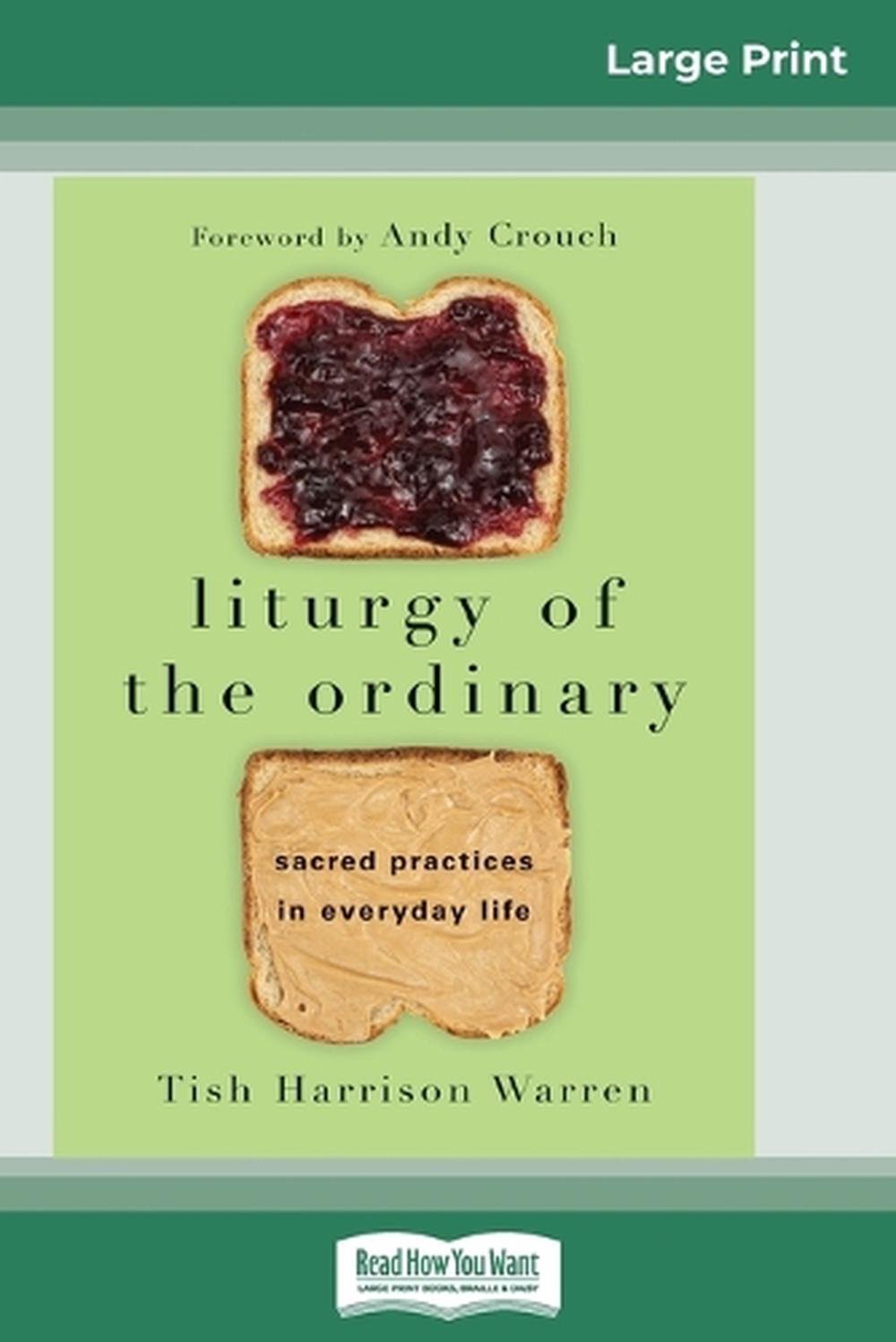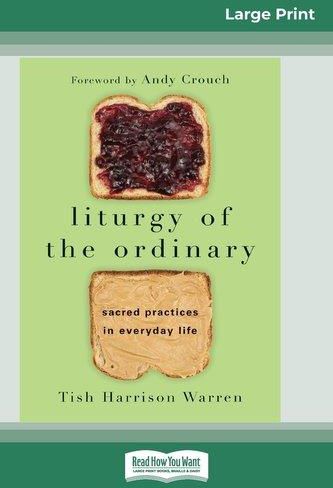
We will do this in three parts.Tish Harrison Warren is a priest in the Anglican Church in North America.

So, buckle in and hang on, because today’s prompt is about rewriting the story in your head. The truth is also that there are a million different ways to tell myself a story.

But the truth is, I sometimes let myself get caught up in the “busy.” The truth is, I sometimes like the thrill of chaos and buzz of over-caffeinated. The lie of “not enough time” depends upon my belief in a repetitive story I tell myself, the one about being so busy with all the little tasks I don’t have time to be creative. And we’ll explore that lie–and some strategies for upending it– in today’s prompt. I have to expend so much energy simply “keeping up” with all the little tasks that I scarcely have any time or energy left to pause and pursue creative life giving things.Įxcept of course, that’s a lie. The thing about my continual shock and bafflement at unpacking the groceries hand over hand, at the garbage truck arriving Thursday morning, at “life being life” is that it creates a low level hum of chaos at all times. The lunchbag folded with care and brought back home Thursday morning: the garbage truck whining at 7 Wednesday evening: he takes the cans out front Joyce Carol Oates describes these painstakingly simple routines that comprise our lives in her (admittedly gender-typed) poem, “Women Whose Lives are Food, Men Whose Lives are Money” : Or on a weekday afternoon when I’m out of coffee cups and have to run the dishwasher–didn’t I just run it? Or find that the fridge is all at once empty yet again. For example, I can still find myself baffled on a Sunday morning when all the clothes I wore that week are there, dirty, waiting for me.

Yet, if you are wired anything like me, each repeating cycle of basic daily tasks comes as something of a revelation, and at times it’s even a shock. Even if the specifics–how we acquire food and prepare it, or how we clothe our bodies and care for those garments, or the quarters in which we sleep–have changed, the general shapes of our daily activities persist. These routines, the big shapes of life, have stayed mostly the same for thousands and thousands of years. Do dishes.Īt the end of each day we lie our imperfect lumpy bodies down and we sleep. We wear clothes, they get dirty, we wash them, put them away, wear them again. The funny thing about being alive is that we spend the majority of our time doing the same five or ten things over and over.


 0 kommentar(er)
0 kommentar(er)
